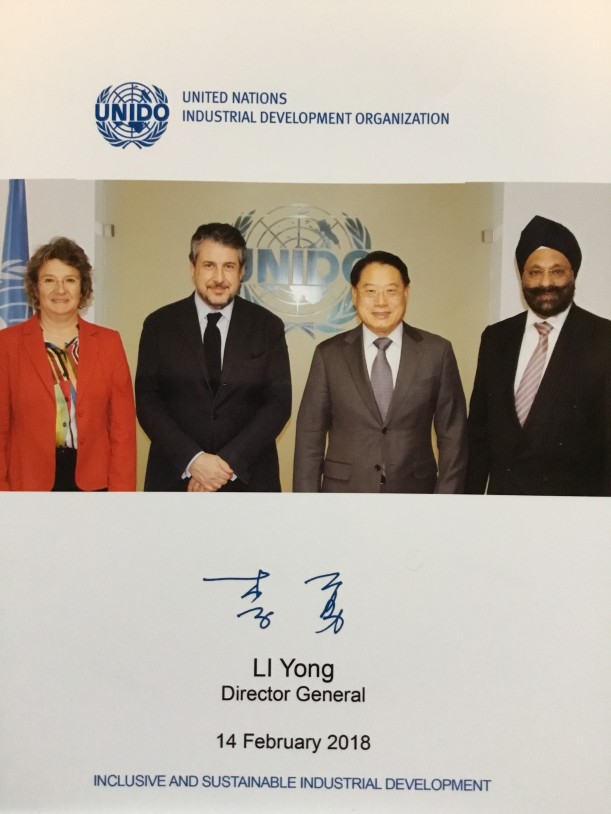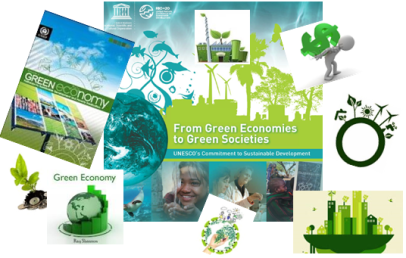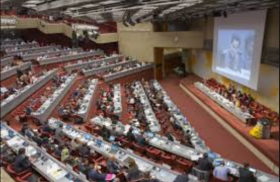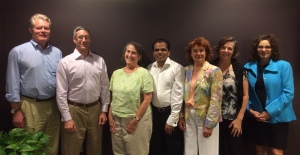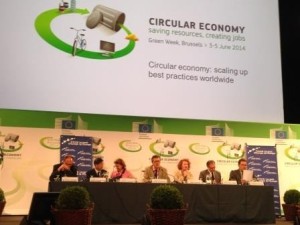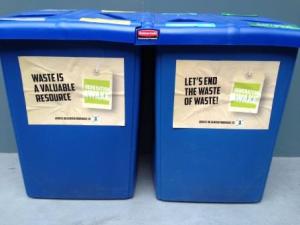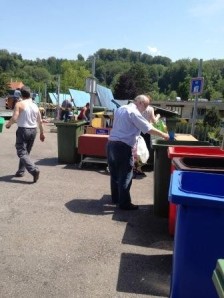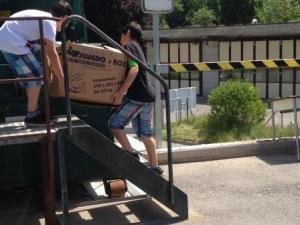Everybody has seen the photos that have gone around the world of an Asian toddler sitting on the ground amidst landfill piles of e-waste, and African children burning computer wiring to extract copper. Looking at these pictures, one cannot but feel outrage. NGOs have for years made great efforts to halt the export of e-wastes from developed to developing countries, by “naming and shaming” the perceived perpetrators: industrialized countries and their associated industries.
However, over the past decade, we entered a new global paradigm. Electronics are increasingly produced and consumed outside of the traditional developed countries. Used electronic products are traded around the globe, not just from North to South. There are environmentally sound facilities located throughout the world that are capable of refurbishing and recycling electronic products.
1995 saw the adoption of an amendment to the Basel Convention, the global treaty controlling transboundary movements of hazardous wastes and their disposal. Known as the Basel Ban, this Amendment prohibits exports of hazardous wastes from OECD to non-OECD countries. Over the years, many have grown to believe that the Basel Convention, through the Ban, prohibits the export of all used electronics from developed to developing countries. Some greet this notion with relief, convinced that the Basel Ban is putting a stop to “dirty” exports of used electronics to developing countries. Others view it with alarm, believing that all international commercial operations extending the lifespan of electronics, or giving them new life, are now impossible except within the traditional industrialized world.
The reality is somewhat different. First, although the Basel Ban enjoys some political support worldwide, it is not yet in force, and therefore does not constitute international law. If and when it enters into force, it will be binding only on those countries that have ratified it. Second, the Ban will not apply to all used electronic products, but only to those that are considered hazardous wastes under the Basel Convention. The crux lies in determining whether or not a shipment is hazardous, and ensuring environmentally sound management in the country of import.
Today, using poor countries for disposal of e-wastes, or for cheap and irresponsible informal recycling, is universally considered unacceptable. The big question is how to effectively prevent it. Some argue that a blanket ban on used electronics exports is the solution. Unfortunately, the mere existence of a ban will not solve the problem: enforcement is extremely difficult even in the most highly developed countries, to say nothing of developing countries, which often also lack the legislation and institutional framework. Adding to this the reality of corruption in many countries, a ban will merely force the “dirty business” into illegality. For example, European Union legislation has prohibited hazardous e-waste exports to non-EU and non-OECD countries for years, but illegal export to such countries continues on a large scale (to Africa and China, for example). Not only does a blanket ban fail to stop illicit exports, it may also prevent sustainable and desirable transactions that extend the life span of electronic equipment or allow the extraction of valuable resources from used electronic products, and create safe jobs in developing countries.
What is needed is an effective way to prevent the illegal while supporting the legitimate. One option that is being explored by the Basel Convention is the use of standards and certification schemes to ensure that used electronic equipment is treated in a responsible and environmentally sound manner anywhere in the world. Combined with the Basel Convention’s prior informed consent procedure and effective national legislation, these certification schemes could become a key tool to providing a sustainable path forward. This is the type of innovative thinking that we need. What we do not need is a protectionist barrier around non-OECD countries that excludes legitimate trade and sound practices with most of the rest of the world.
